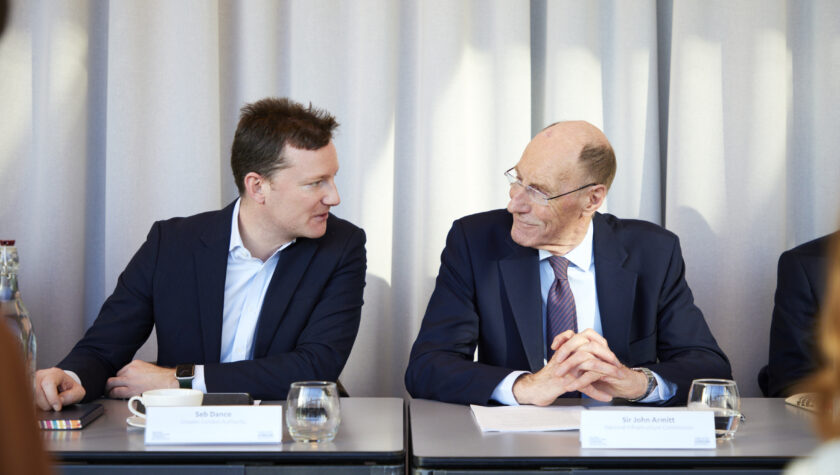With the capital bathed in bright winter sunshine, members of the Commission spent yesterday (19 January) meeting London’s business and political leaders to better understand the city’s infrastructure priorities. This was the sixth regional visit to inform the second National Infrastructure Assessment, to be published this autumn.
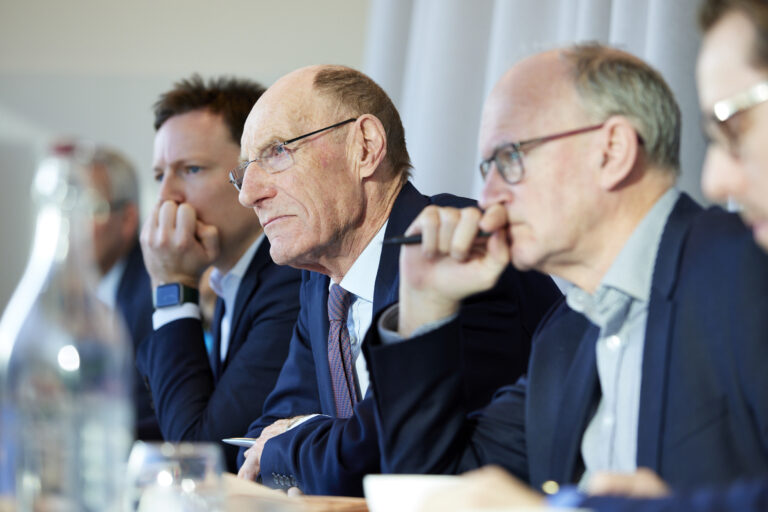
On the banks of the Royal Victoria Dock at City Hall, Commission Chair Sir John Armitt had a one-to-one discussion with London’s Deputy Mayor for Transport Seb Dance before joining Commissioners Neale Coleman and Nick Winser, members of the Commission’s senior management team, and invited local government and business representatives for a wide ranging discussion. That pivoted around three themes crucial to London’s long term infrastructure planning: transport investment, adapting to the impact of the pandemic of infrastructure demands, and the role of digital infrastructure as a means of strategic transformation across the city.
With transport connectivity crucial to maintaining London’s role as a driving force for the UK economy, the Commission heard that while ridership on London’s public transport was still only 85 per cent of pre-pandemic levels during the week as a result of changing work patterns, leisure travel at the weekends is bouncing back to at least pre-Covid levels. The challenges of relying heavily on fare income were highlighted, while the Commission also heard about Transport for London’s approach to exploiting 5G and other technologies to get full value out of existing transport infrastructure, for example through smarter traffic flow management.
Greater certainty over infrastructure funding, and an improved capacity for the capital to retain more of the value generated by new infrastructure projects, were also highlighted, themes which the Commission has heard from other city leaders around the country.

After journeying on London’s new Elizabeth Line to Woolwich, the Commission group travelled by river to Barking, location of the recently completed London Overground station, the infrastructure development anchoring the GLA-backed Barking Riverside development. Here more than 10,000 new dwellings will eventually be built – many of them affordable homes – on a former power station site, utilising the latest in sustainable drainage, district heating and automated waste disposal systems to create a sustainable and attractive new settlement on the banks of the Thames.
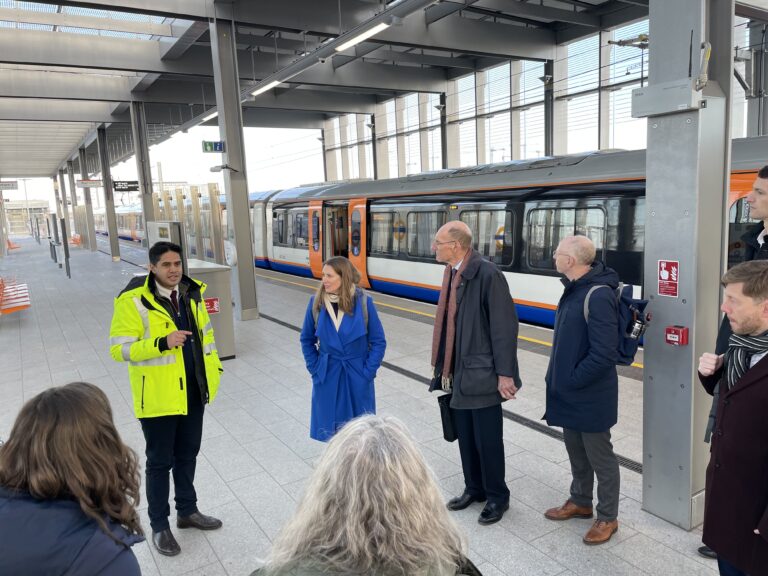
As well as touring the site, Commissioners spoke with residents and local businesses in the community hub space about the development of the community and the opportunities being generated for jobs and economic growth.
In the early evening, at the newly-opened offices of Dar Group in Holborn, BusinessLDN hosted a discussion with Sir John Armitt and fifty-plus representatives from businesses of all sizes across London, many of which are involved in the capital’s infrastructure sector.
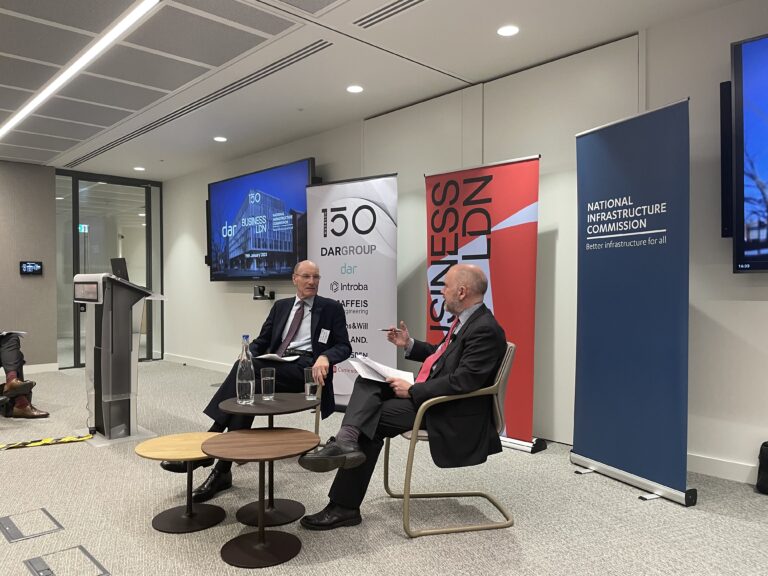
After a welcome from Dar Group’s UK managing director Andrew Loudon, BusinessLDN’s chief executive John Dickie chaired a Q&A session where Sir John concurred with many in the audience that effective transport again remained a crucial factor in London’s attractiveness as a global business centre. The need for updated models of public-private partnerships to attract more international investment into London’s infrastructure also came across clearly in the discussion, alongside other themes about the pace of decarbonisation of various sectors.
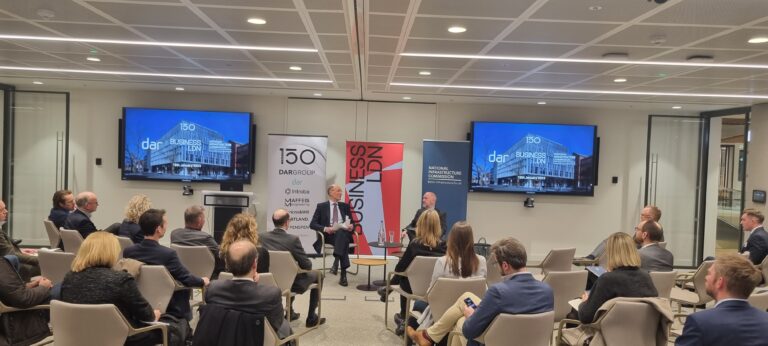
Next stop, Tees Valley on Monday. Commissioners will meet with Tees Valley Mayor Ben Houchen and business leaders, and then explore up close the transformation of the area from a centre of steelmaking and process manufacturing into one of the UK’s leading centres for hydrogen manufacture and low carbon energy.
